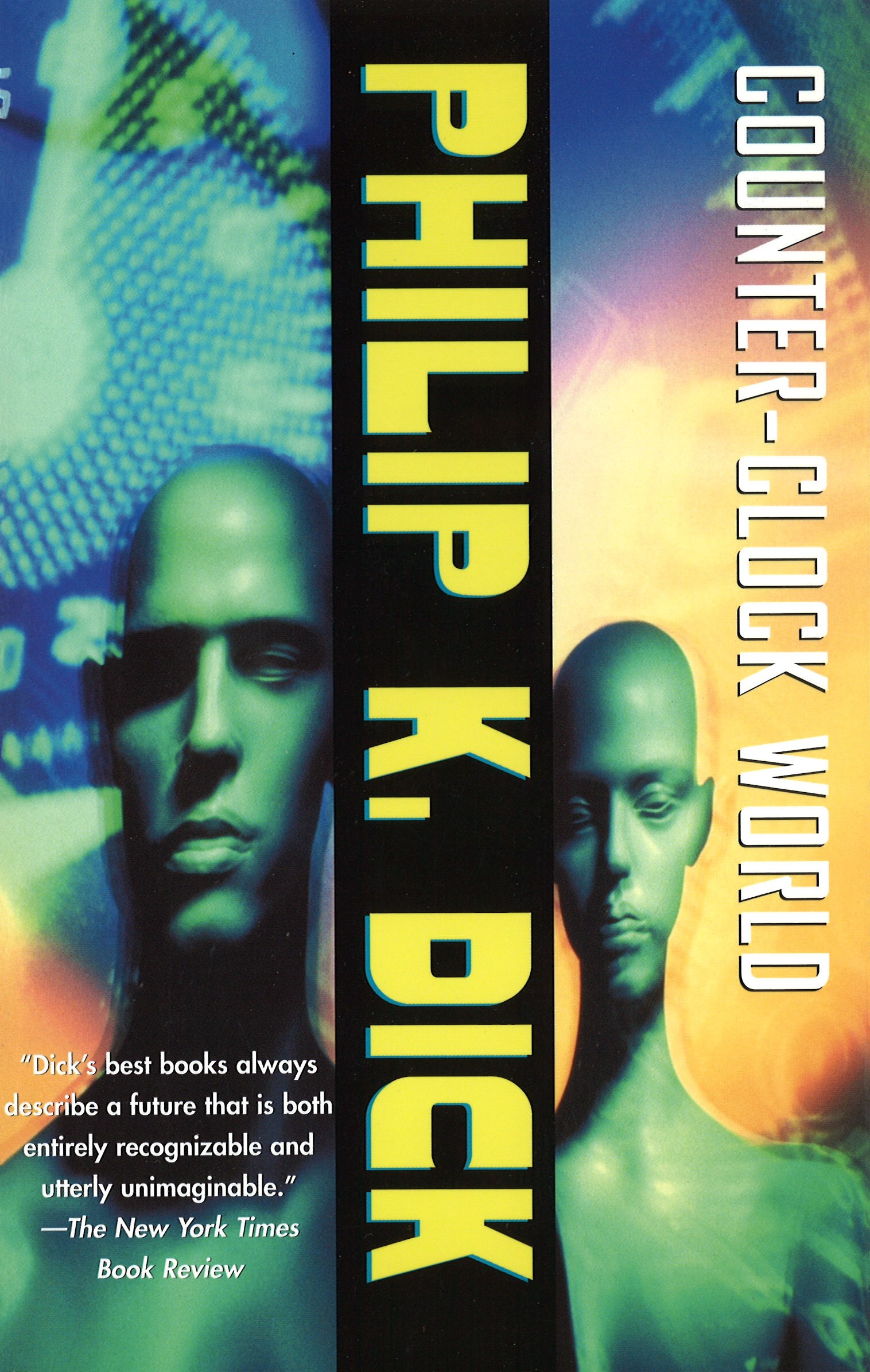
The Minority Report
Book Description
What if you could prevent a crime before it happened—would you still believe in free will? In a future where a powerful system predicts murders, one dedicated officer finds himself accused of a crime he hasn’t yet committed. As he races against time, unraveling the twisted threads of loyalty, betrayal, and moral ambiguity, he must confront the very nature of justice and his own destiny. Relationships hang in the balance as trust frays in a world where certainty is an illusion. Will he defy fate or succumb to it? What price will he pay for the truth?
Quick Book Summary
"The Minority Report" by Philip K. Dick imagines a dystopian future where the crime of murder is essentially eradicated through the use of Precrime, a police unit equipped with psychic "precogs" who foresee crimes before they occur. Chief John Anderton, the system's creator and staunch supporter, is shocked when the precogs predict that he himself will commit a murder. Suddenly, Anderton becomes a fugitive, forced to question his own agency and the infallibility of the system he helped build. As Anderton investigates, he uncovers deep flaws and ethical dilemmas within Precrime, confronting the blurred lines between fate and free will. His desperate quest to prove his innocence tests personal loyalties, societal trust, and the very concept of justice, leaving readers to ponder: does knowing the future trap us, or can we still choose another path?
Summary of Key Ideas
Table of Contents
Prejudice Versus Free Will in Predictive Justice
In a near-future society, the Precrime division is established to eradicate murder by arresting individuals before they can act on homicidal intentions. Precogs—humans with psychic abilities—form the core of this system by predicting criminal events. John Anderton, the Precrime chief and a devoted believer in its mission, oversees a seemingly flawless operation. The collective faith in Precrime is strong, as its record speaks for itself: zero murders since its inception, cementing its status as both a social safeguard and ethical conundrum.
The Fallibility of Systems and Technology
The plot escalates when Anderton himself becomes the subject of a precrime prediction. The system flags him as the perpetrator of an imminent murder, shattering his unshakeable trust in Precrime. Forced to evade capture by his former colleagues, Anderton faces an existential crisis—does the impending event confirm that people's destinies are predetermined, or do individuals possess the agency to alter their futures? His predicament serves as the catalyst for a larger philosophical exploration about the tension between foreknowledge and free will.
Personal Responsibility and Moral Ambiguity
As Anderton delves deeper, he learns about the existence of a "minority report," an alternate prediction sometimes produced by the precogs that can contradict the majority verdict. The discovery of this second report undermines Precrime’s supposed infallibility and reveals the inherent dangers in relying on technologically mediated justice. Through Anderton’s investigation, the story exposes how overconfidence in systems—no matter how advanced—can lead to grave miscarriages of justice when they discount human complexity and error.
Trust, Betrayal, and the Nature of Relationships
Anderton’s pursuit becomes intensely personal as alliances are tested and betrayals come to light. Colleagues, including his ambitious subordinate Witwer, may have ulterior motives, and even loved ones prove uncertain. The erosion of camaraderie in the face of systemic suspicion mirrors the broader erosion of trust within society. Anderton’s isolation represents the cost of a world where certainty comes at the expense of personal relationships, and where one’s fate can be decided by mechanisms beyond individual control.
Ultimately, "The Minority Report" poses incisive questions on the nature of justice and accountability. The story concludes with Anderton’s moral journey: faced with compelling evidence and profound ethical dilemmas, he must decide whether to follow the path laid out by the precogs or to assert his own will. The narrative leaves readers with lingering ambiguities, urging reflection on the perils of determinism and the enduring hope that, even with knowledge of the future, humanity is not wholly bound by it.
Download This Summary
Get a free PDF of this summary instantly — no email required.





